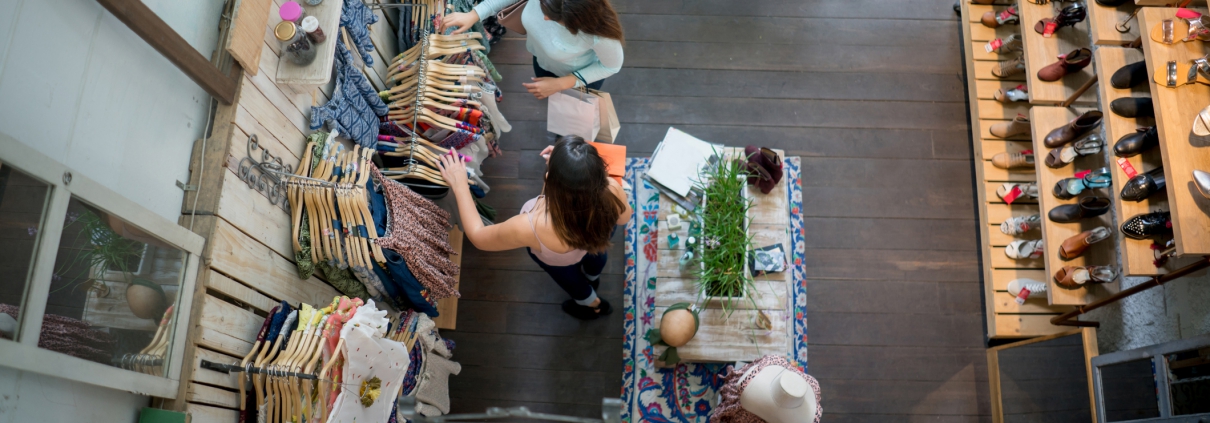What the heck is product liability insurance? Here’s what you need to know.
The majority of this information was derived from TruShield’s product liability information page. Every year companies around the world both large and small will lose millions of dollars because their products turn out to be faulty. If you’re the owner of a business, you’re responsible for the products you make and/ or sell. If one of those products causes harm to a customer, or property damage to a third party, you could find yourself in the middle of an expensive and time-consuming lawsuit. Product liability insurance can help mitigate the costs associated with lawsuits filed against your company as a result of a faulty product causing bodily injury or property damage to a third party.
What is product liability insurance?
Product liability is designed to help small business owners in situations where a customer purchases one of their products, and an issue with that product causes the customer bodily injury or property damage. When a situation like this occurs, the business owner may be found responsible for the damages if the source of the issue can be traced back to the business.
In the simplest terms, product liability insurance protects business owners against the costs associated with damages caused by their products.
- Bodily injury: Anything from a faulty power tool hurting the user, to food poisoning from a bad batch of cupcakes.
- Property damage: Damage to homes, cars, electronics and just about anything you can own as a result of a product your business sells.
What causes products to be faulty?
There are many different things that may cause a product issue for small business owners, but three of the more common causes are:
- Design defects: This causes faulty products before the products are even made. It suggests that the design of the product was unsafe or faulty.
- Manufacturing defects: Sometimes an issue arises while the product is being made. It may have been assembled incorrectly, or missing an important piece.
- Marketing defects: This cause actually has nothing to do with the product itself, but rather with the way it was marketed or advertised. Incorrectly labelling, incorrect safety warnings, or insufficient instructions are common marketing defects.
What does product liability insurance cover?
We’ll help pay some of the bills:
- Legal expenses in the event of a lawsuit for a covered claim.
- Payments made to third parties as a result of unintentional negligence. For example if you sell a faulty chair and a customer is injured while sitting on it, your product liability insurance may cover their compensation.
We offer protection through the supply chain:
- Manufacturing: Anything made in factories, workshops, restaurants, bakeries, etc.
- Sales: Particularly important for wholesalers who import foreign products.
- Distribution: Products you’re responsible for shipping and repackaging.
- Assembly: Even if you don’t manufacture individual parts, or sell the final product.
Who needs product liability insurance?
In short, any small business that deals with goods should consider the benefits of product liability coverage as an extension of their commercial general liability policy. Wouldn’t you rather cover your ass than cover the cost of a lawsuit on your own? Here are just a few business types that should have product liability coverage:
- Wholesalers
- Bakeries
- Florists
- Restaurants
- Gift shops
- Clothing stores
- Specialty food stores
- Pet stores
- Print and copy shops
- Coffee shops

